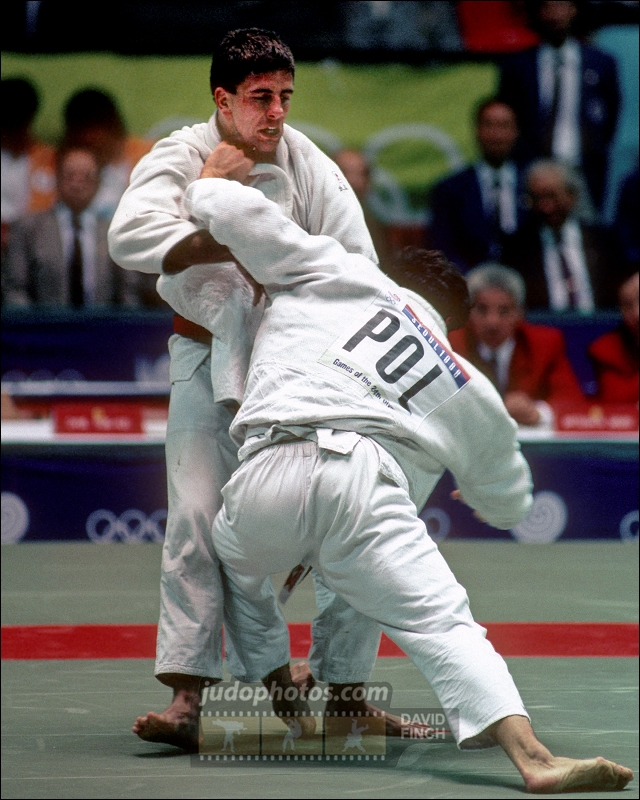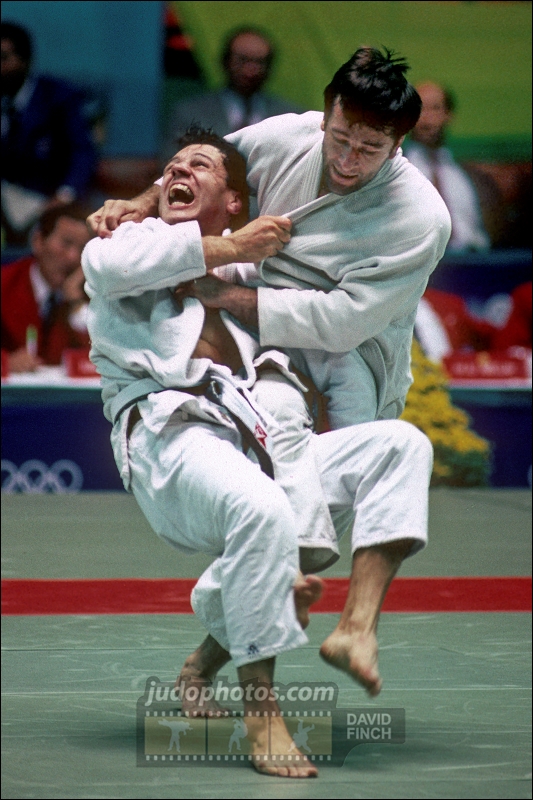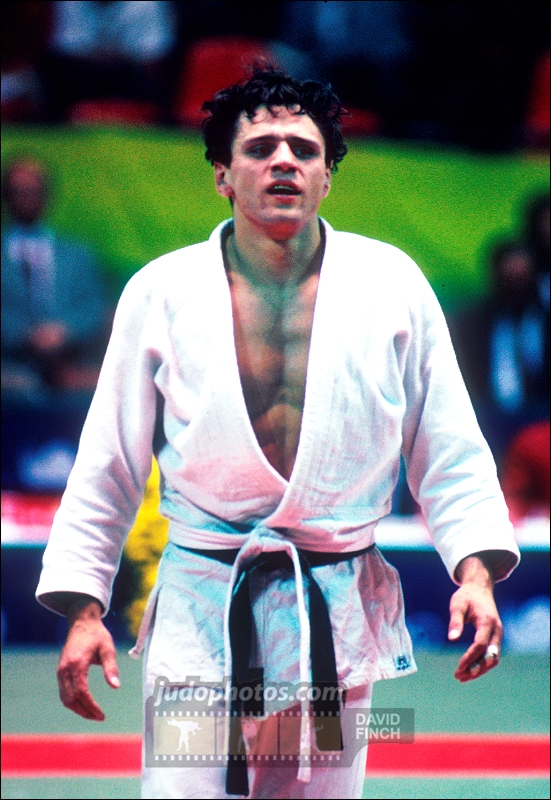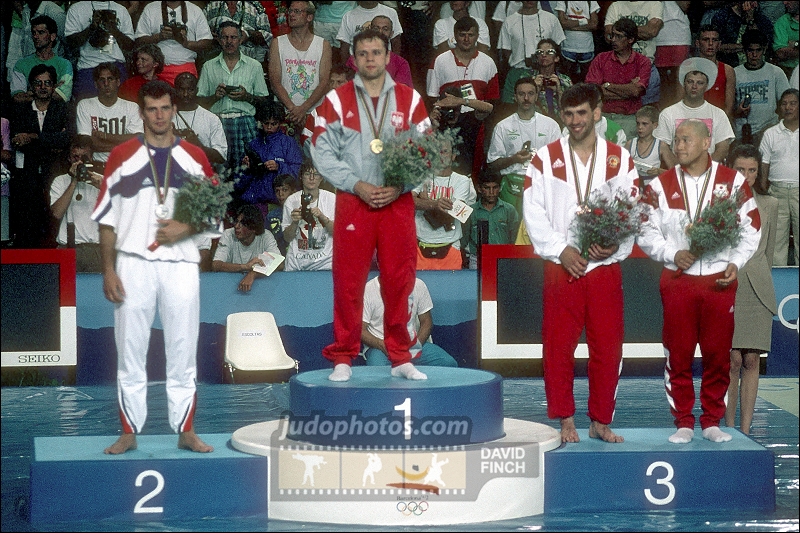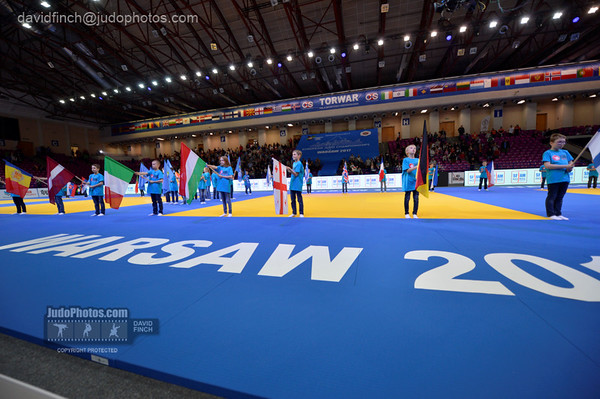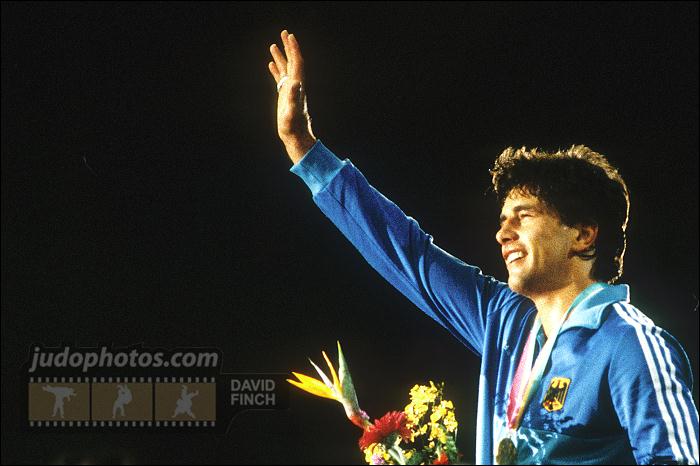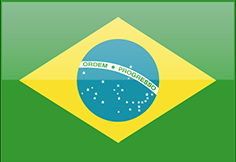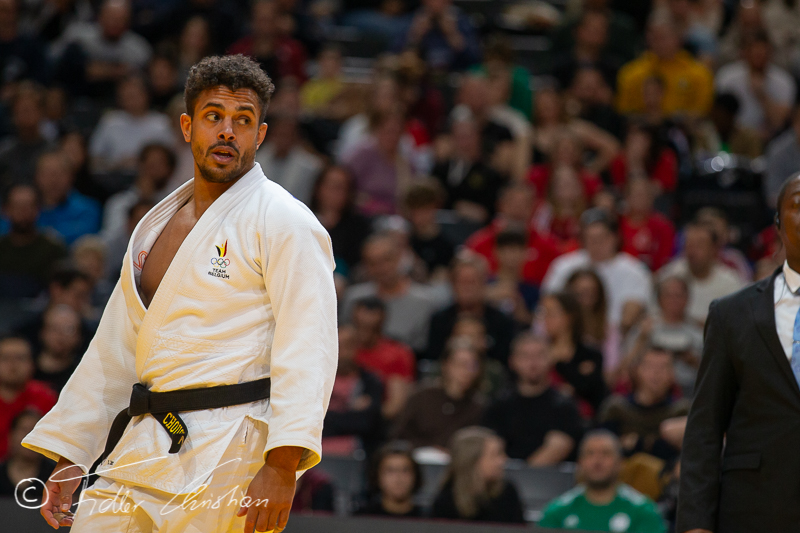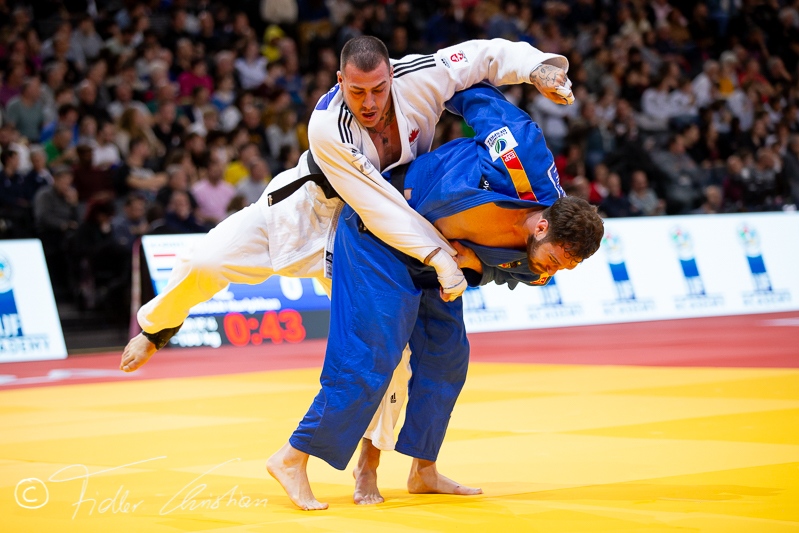Waldemar Legien, Poland’s first judo superstar
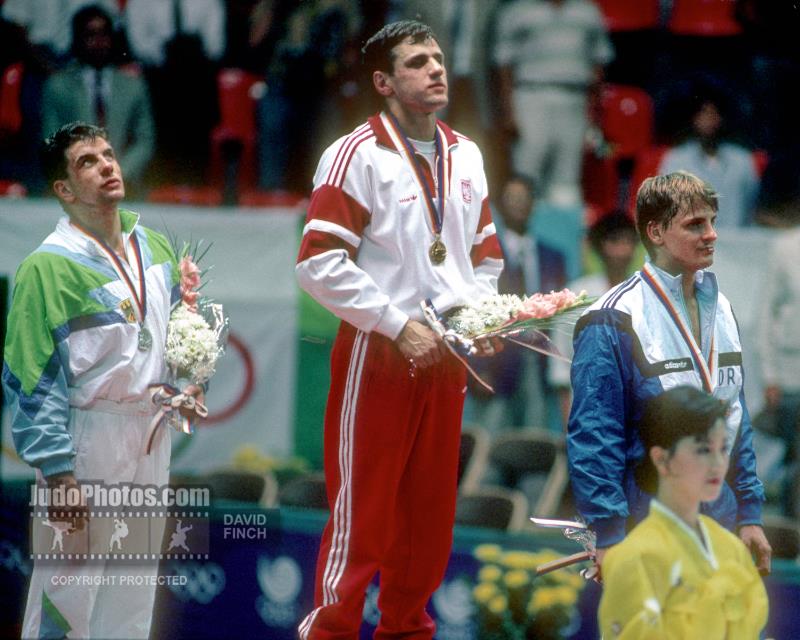
 14 Jun 2022 09:30
14 Jun 2022 09:30
 by JudoCrazy and JudoInside
by JudoCrazy and JudoInside
 David Finch / Judophotos.com
David Finch / Judophotos.com
Many people have heard of Pawel Nastula, Poland's Olympic Champion, double World Champion and MMA star. But before Nastula there was another, arguably greater, superstar from Poland named Waldemar Legien, who was double Olympic Champion.
Legien was not a flashy player with big techniques but he had a very sharp drop seoi-nage and great tactical skills. In both the 1988 and 1992 Olympics, he was the underdog. Nobody expected him to win as there were many more big names in the category.
In 1988, two legends came out of retirement for one last hurrah. Britain’s Neil Adams had made it to the finals of the 1980 and 1984 Olympics but came out short both times. He was in Seoul to give the Olympics one last shot.
South Korea’s Ahn Byeong-keun, the 1984 Olympic and 1985 World Champion, had to be coaxed to come out of retirement, to help his country win a gold medal on home ground. It was believed that he was the best bet for the host country to get a gold in judo.
Ahn, who had always struggled to lose weight for the U71kg division, agreed to come back on the condition that his federation allowed him to move up a weight to U78kg. The federation agreed and so he was back competing once more.
The top favorite of the competition had to be Japan’s Hirotaka Okada, who had won the World title, the year before, at the 1987 Essen World Championships. He was someone bold and strong, and he had a wide variety of techniques.
But one by one, the top names got knocked out of contention. South Korea’s Ahn very nearly lost his first match, when he was thrown with tomoe-nage but he managed to scrape through using newaza to pin his opponent for ippon. The U78kg division ultimately proved to be too big a jump up for him. He was outmaneuvered by his next opponent, Kevin Doherty of Canada, eventually losing by penalties.
Japan’s Okada was beaten by the physically-overpowering Pascal Tayot of France, who forced him to the ground and pinned him for ippon. Britain’s Adams became the third World Champion of the day to go out in the prelims when he was out-muscled by the East German Torsten Brechot, who won through a single penalty.
Legien handily won his first two matches. Firstly, against an opponent from Egypt, with a hold-down. He then threw his second opponent, from Argentina, with his trademark drop seoi-nage for ippon. Both were relatively easy wins for Legien, who was really tested only in his third match, against Canada's Doherty, who had earlier beaten Ahn. Legien managed to defeat his Canadian opponent with a pick-up that scored waza-ari.
His next match, in the semifinal, was Legien's toughest yet. It was against Bashir Varaev of the Soviet Union, an uchimata specialist who liked to do his favorite technique off a belt grip, Georgian style.
It was a very difficult technique to stop but Legien managed to kill Varaev’s grips and put in a couple of bold, direct-attack tani-otoshi of his own. Although those attacks didn’t score, they clearly made an impression on the referee and corner judges, for when the match went to hantei, Legien won the decision.
This thrust him into the final against the defending Olympic Champion, Frank Wieneke of West Germany, the man who upset Neil Adams in the final of the 1984 Olympics.
Wieneke was on a mission to do what no judokas had done before: Win two successive Olympic gold medals. Legien, who was having the day of his life, knew this was his one chance at greatness. Prior to his, he had no World or European titles. Now he was on the cusp of becoming an Olympic champion.
Both players came out with guns blazing. Neither one held back and the fight swung back and forth, with neither one getting the upper hand.
In the dying seconds of the match, it looked like the winner would have to be decided by hantei. Legien did a desperate final drop seoi-nage which Wieneke quashed quite easily. It actually looked like he was about to go into groundwork when he suddenly changed his mind and stood back up again. Perhaps he felt it was important that he put in one last attack before the bell rung.
With time running out, Wieneke charged forward – always a big mistake when you’re dealing with a drop seoi-nage man like Legien, who slipped right underneath the German and whirled him over for a clean ippon. Only 13 seconds was left in the match!
The next story will be about Legien’s second Olympic gold, in Barcelona.
 like
like
 share
share
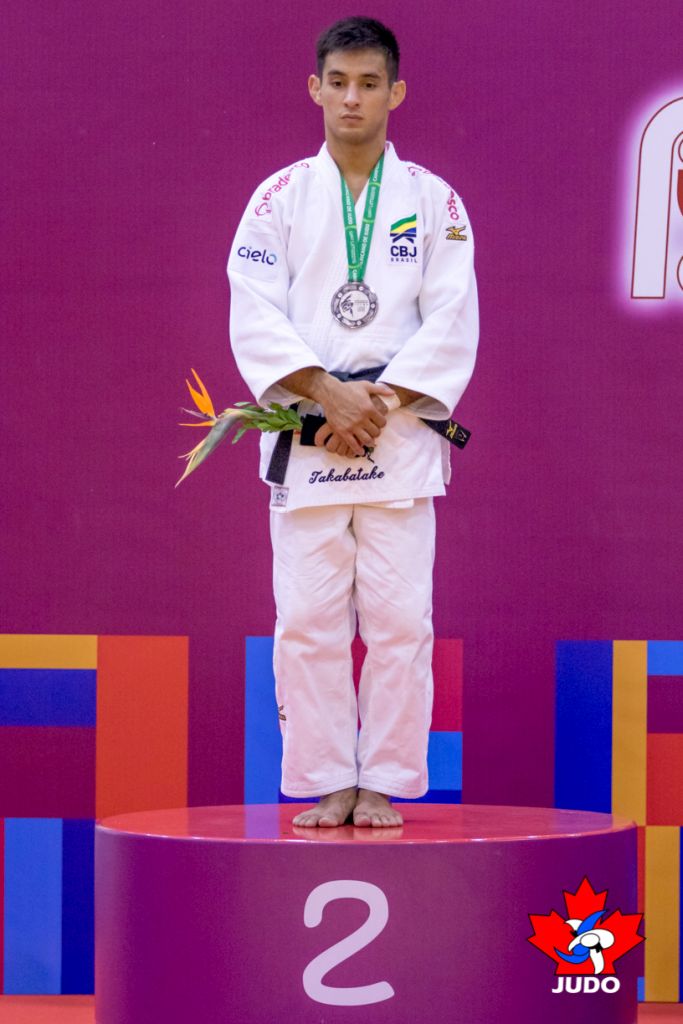
| Result | City | Date |
|---|---|---|
| 2 | Paris | 2024 |
| 1 | Abu Dhabi | 2024 |
| 1 | Zagreb | 2024 |
| 3 | Belgrade | 2023 |
| 2 | Montpellier | 2023 |
